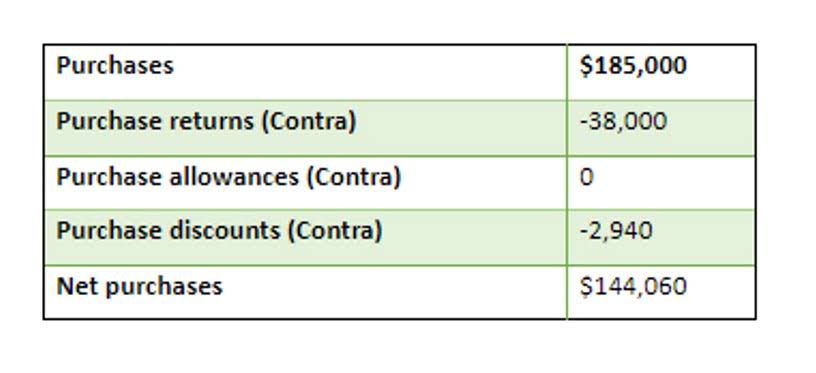
It reports any changes to the company’s equity, including earned profits, dividends, inflow of equity, withdrawal of equity, and net loss. This one-page report shows the difference between total liabilities and total assets, thus demonstrating owner’s equity. The statement of owner’s equity is one of the four basic financial statements of a business. The other three are income statement, balance sheet and statement of cash flows. The term “owner’s equity” is used with sole proprietors and partnerships. “Book value” is another term used interchangeably with shareholder’s equity in a corporation’s balance sheet.
Get $30 off a tax consultation with a licensed CPA or EA, and we’ll be sure to provide you with a robust, bespoke answer to whatever tax problems you may have. You can connect with a licensed CPA or EA who can file your business tax returns. Set your business up for success with our free small business tax calculator. On the liability side, the building has a mortgage of $350,000, owes $100,000 to equipment vendors and suppliers, and $100,000 in unpaid wages and salaries.
Factors Affecting Owner’s Equity
The money from common stock is a key slice of your owner’s equity pie, marking the cash your business has raised through selling shares. While shareholders have access to a company’s equity, private equity is the ownership or interest in an entity that is not publicly listed or traded. This private equity comes from firms that purchase stakes in private companies or acquire control of public companies with the goal of taking them private and delisting them from stock exchanges.

If the owner’s equity is the owner’s share of assets in a company, then the debt is owed by other people or is capital on behalf provided on behalf of a bank. Sometimes, you might also factor treasury stocks, preferred stock, and accumulated other comprehensive income into the mix. Stock investors and analysts look at shareholder equity during their evaluation of a company’s overall financial health. Retained earnings are also part of shareholder equity, along with any capital invested into the company. To define owner’s equity, you need to take the amount of money invested into the business and subtract any liabilities. The owner would have the right to the assets or cash from the sale of those assets.
Why You Can Trust Finance Strategists
At its core, brand equity refers to the value premium your company generates from a product with a recognizable name when compared to a generic equivalent. For instance, an iPhone has a higher value premium than a smartphone made by a company that is available at a lower price. As that mortgage is paid down, you, as a homeowner, have a greater interest in owners equity meaning your home. Essentially, home equity represents the property’s current value minus any liens that you might have, such as your mortgage. Tickmark, Inc. and its affiliates do not provide legal, tax or accounting advice. The information provided on this website does not, and is not intended to, constitute legal, tax or accounting advice or recommendations.
Owner’s equity is a financial metric that represents the residual claim on assets that remains after all liabilities have been settled. It provides important insights into a company’s ownership structure and financial position. Statement of owner’s equity is a financial statement that reflects the changes taking place in the shareholders equity accounts over a period of time. Stockholders, also known as shareholders, are the investors that have purchased shares of stock in a company, thus making them owners of said company. There can be between one and a limitless number of stockholders, depending on the corporation’s size. Therefore, the owner’s equity of a corporation is referred to as the aggregate shareholder’s equity.
